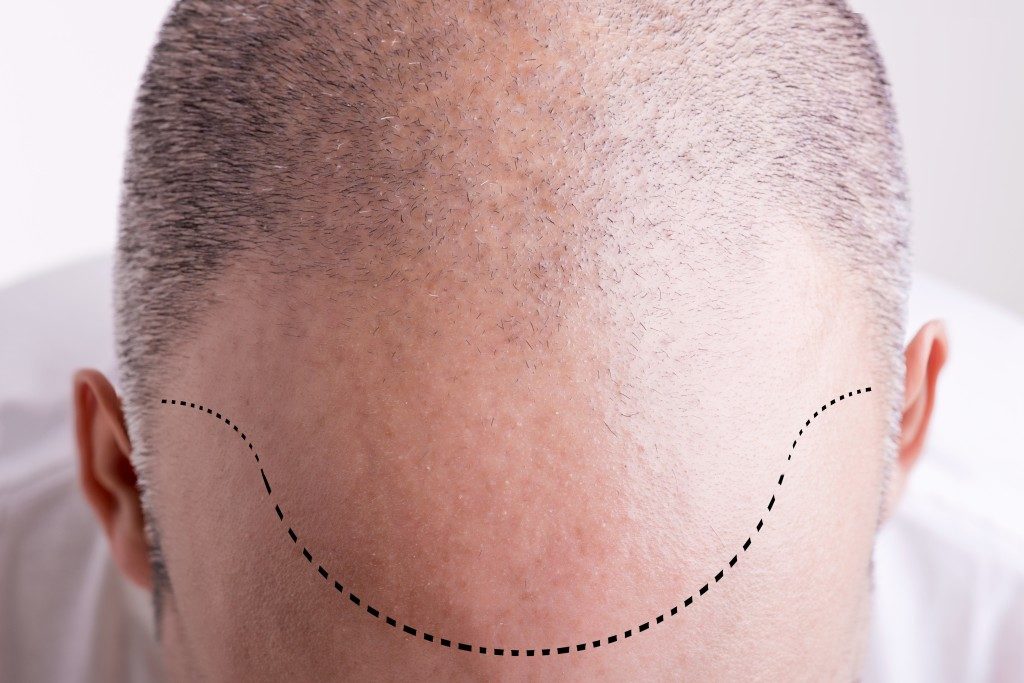Heartbreak is a very human experience that goes through. No one is exempted from this experience. In fact, many people even believe that if we haven’t gotten our hearts broken, then we haven’t truly lived.
But getting our hearts broken one too many times is a different matter altogether. Nothing is more stressful and exhausting than losing the people we love and the relationship we invested so much in. That kind of heartbreak can leave a person broken for life. Anyone who has been through many heartbreaks deserves the payoff in the end when they finally find their true significant other and partner for life.
We can take matters into our own hands by going to the matchmakers to help us find “the one.” Or we can patiently wait for the fated moment to come when we finally find the right person for us.
But until that moment, it’s important to understand how much heartbreak could affect us. Here’s a rundown of the ways heartbreak could literally affect our health.
Mental Health
Of course, our mental health takes a huge hit from heartbreak. It’s common knowledge that our experiences with other people can affect our mental health. For example, if we’re in a toxic relationship with a significant other, friend, or family member, we’re always exposed to threats of stress, anxiety, and depression. The same goes for getting our hearts broken from a bad breakup.
Yes, there’s a fine line between grief and depression. People who feel depressed doesn’t necessarily mean that they can be diagnosed with depression. But it’s also important to remember that it’s still possible for heartbreak to trigger a mental illness that we have a history in or didn’t have before.
By recognizing this possibility, we can start to be patient with ourselves and other people who go through heartbreak.
Hormonal Imbalance
When “hormones” and “love” are put in the same sentence, an image of hormonal teenagers exploring their sexuality comes to mind. Sure, this is common. But hormones, when related to romantic relationships, are so much more than that.
When we’re happily in love, happy hormones such as dopamine and oxytocin are released by our brains. These hormones make us feel good and happy. So, of course, the same process happens when we’re sad from getting our hearts broken.
Because of heartbreak, our happy hormone levels quickly drop. Then, a different kind of hormone takes over. Cortisol, the body’s main stress hormone, takes over. It’s the “fight-or-flight” hormone that triggers all kinds of stressful effects such as acne, nausea, and lack of sleep.

Physical Pain
When our hearts get broken, we feel all kinds of things. But pain is the most prominent. We feel this gut-wrenching pain that we couldn’t explain. There’s also as if there’s this pressure weighing down on our chest. Some people might say that these are just exaggerations. No one could get physical pain just from the emotional effects of heartbreak. But, no, that’s not necessarily true.
It’s important to remember that pain depends on our perception of it. This is why some people have a higher or lower threshold for pain. When a needle pricks our fingertip, our nerves send a signal to our brains at a rapid speed. This signal tells the brain how to react.
How heartbreak and physical pain connect depends on the brain. So it’s also important to understand that emotional and physical pain are processed in the same part of the brain. This is why, when we feel rejection or any other emotional pain caused by heartbreak, we feel as if it’s a physical pain as well.
Weight
This effect is more long-term than others, but it is still a health impact of heartbreak. When our moods drop because of a breakup, we react differently when it comes to food. Some of us cope with the stress by turning to comfort food. Our hearts are broken, so we feel that the bad experience warrants a huge and greasy Big Mac, a large side of fries, and a massive cup of chocolate milkshake. We’re literally eating our hearts out.
On the other hand, some of us couldn’t bear the thought of eating at all. We’ve lost the appetite for any food. We might even crave alcohol to help us forget about the bad experience. This, too, is clearly not good.
Either way, heartbreak could lead to us gaining or losing weight. And we all know that both problems could lead to even bigger health problems.
Heartbreak is something that we all go through. We deal with it in different ways. So it also has different effects on our health. But what’s important is that we’re aware of how it could affect our health. This would make us more vigilant about getting our hearts broken. And it would help us be more sympathetic for those who also got their hearts broken.







